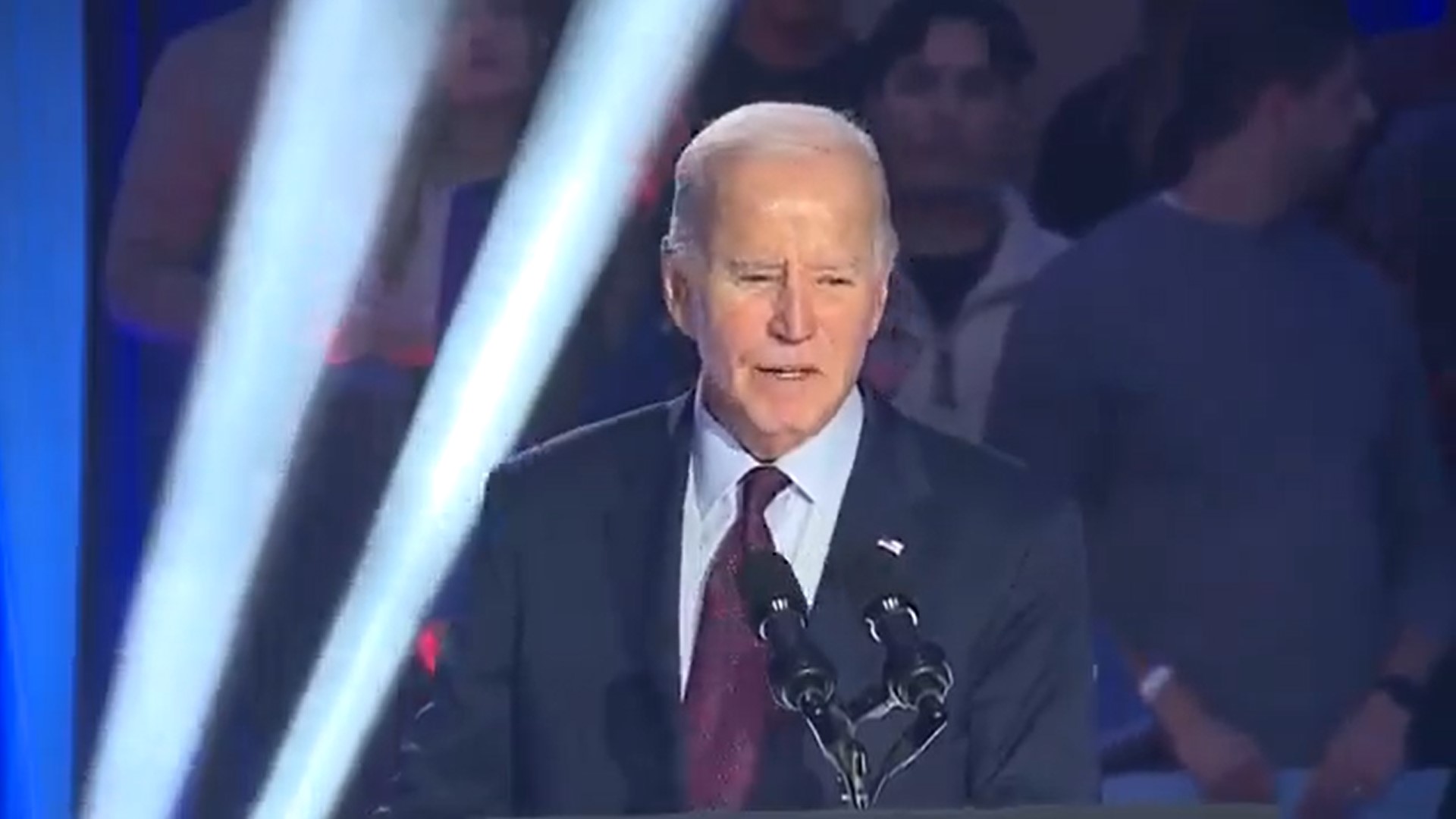Joe Biden has recently announced his intention to introduce sweeping reforms to the Supreme Court. This unprecedented proposal comes in response to several contentious rulings and alleged scandals that, according to Biden, have undermined public trust in the court’s fairness and independence.
Biden’s plan, outlined in an op-ed, calls for three major reforms. The first is the “No One Is Above the Law Amendment,” aimed at curbing presidential powers. The second introduces term limits for Supreme Court justices. The third proposes a code of conduct specifically designed for the highest court in the land.
The President argues that these changes are necessary to restore confidence in the judiciary. “What is happening now is not normal, and it undermines the public’s confidence in the court’s decisions, including those impacting personal freedoms,” Biden wrote. He cited the recent July 1st ruling that granted presidents extended immunities and the overturning of Roe v. Wade as examples of decisions that have eroded trust in the court.
Biden emphasized his extensive experience with the judiciary, having served as a U.S. senator for 36 years and overseen numerous Supreme Court nominations. He believes this background gives him unique insight into the need for reform. “I have great respect for our institutions and the separation of powers. However, we now stand in a breach,” he stated.
The proposed reforms, though groundbreaking, are already facing significant opposition. Critics argue that such changes would fundamentally alter an institution that has functioned consistently since the days of Chief Justice John Marshall. Many conservative voices see this as an attempt by Democrats to shift the ideological balance of the court in their favor.
Notably, the reforms would require approval from both the House and the Senate—a challenging feat given the current political climate. The legislation’s polarizing nature makes its passage unlikely without substantial bipartisan support, which seems improbable in today’s divided Congress.
Despite the hurdles, Biden remains optimistic. He pointed out that the reforms are backed by a majority of Americans and supported by both conservative and liberal constitutional scholars. He also credited the bipartisan Presidential Commission on the Supreme Court of the United States for its insightful analysis informing these proposals.
One thing is clear: the debate over Biden’s plan to reshape the Supreme Court is far from over. As the nation grapples with these potential changes, the discourse around judicial independence and the balance of power will undoubtedly intensify.
Biden’s proposed reforms have ignited a firestorm of debate, reflecting the deep divisions in American politics today. Whether these changes will ultimately be enacted remains uncertain, but their impact on the national conversation about the Supreme Court is undeniable.


Leave a Comment